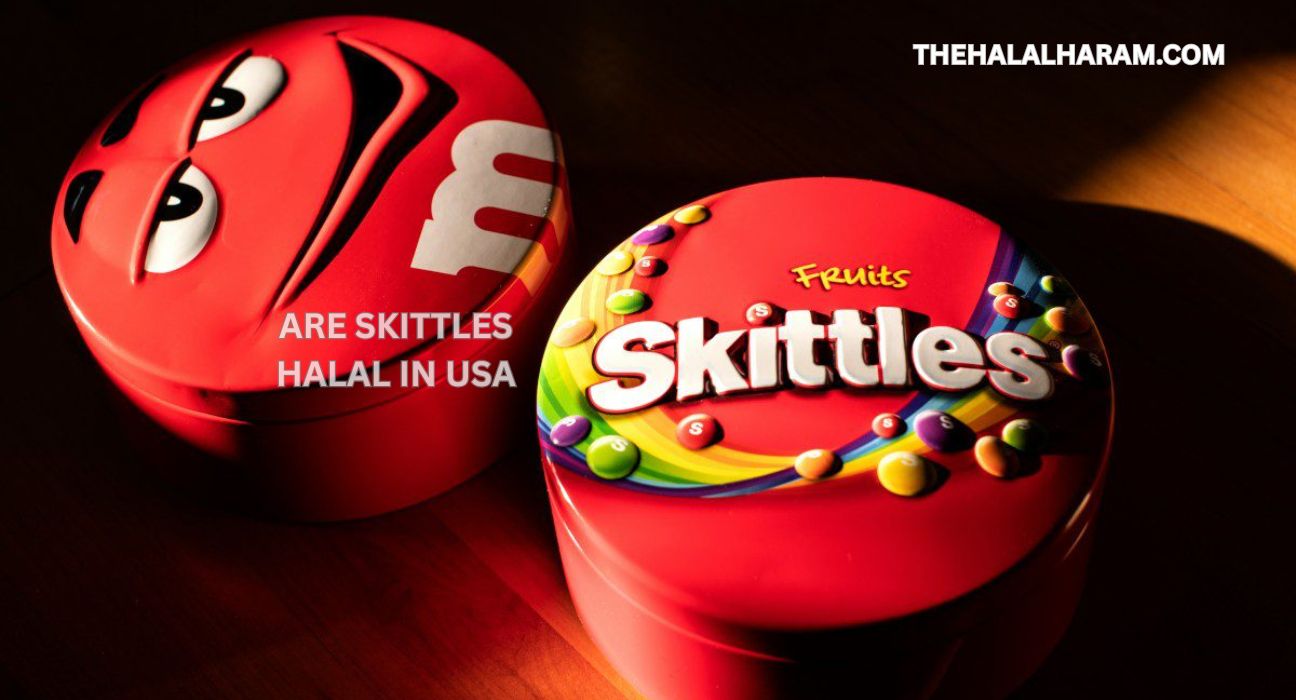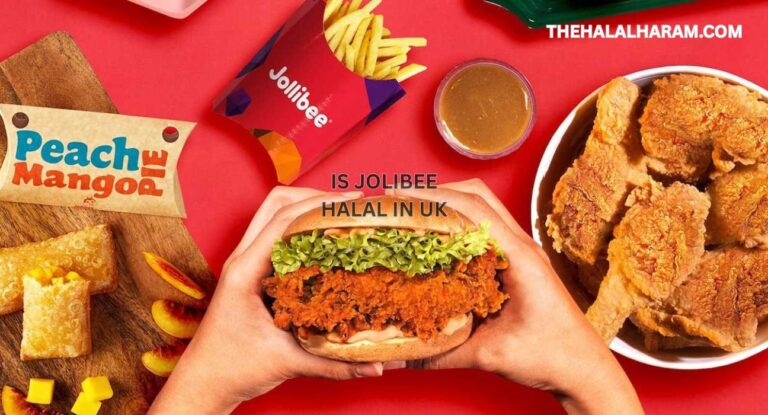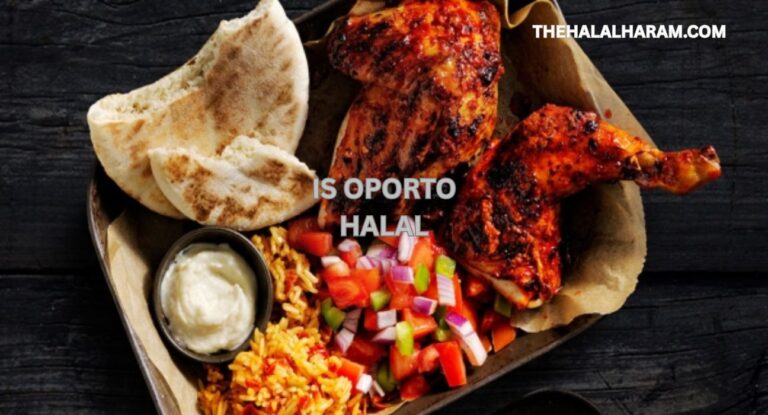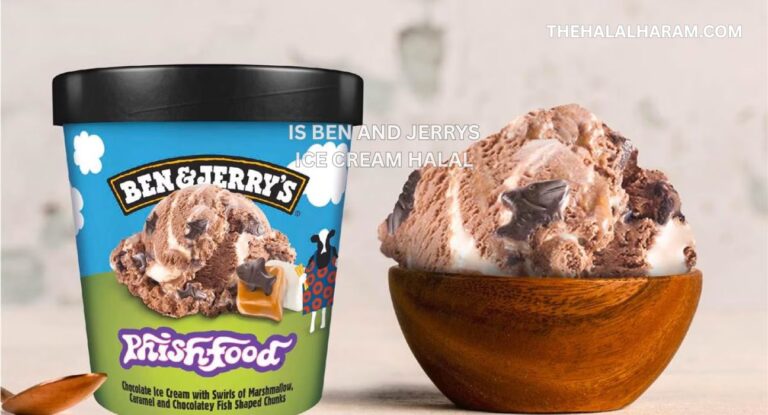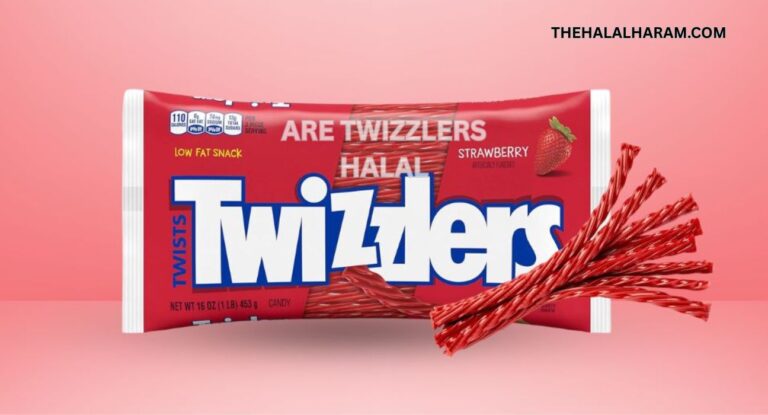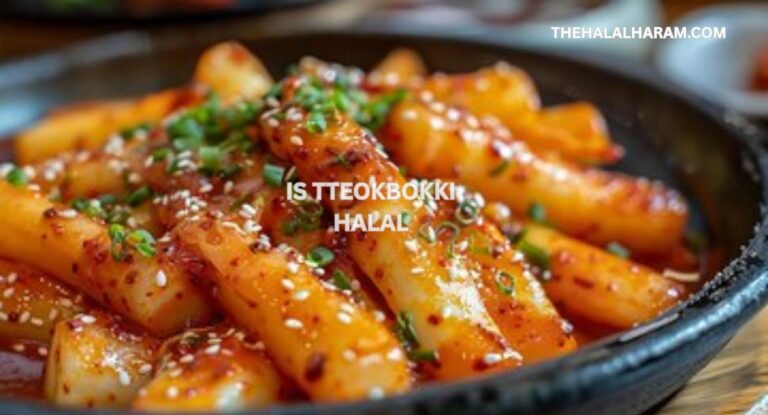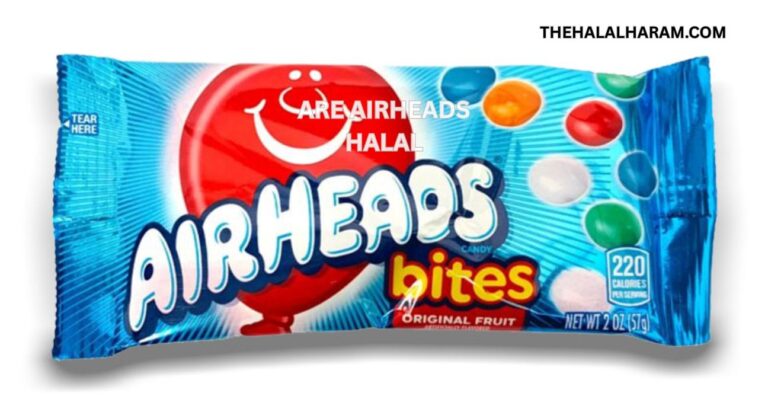Are Skittles Halal in USA? Your Complete Guide for 2025
Introduction
If you’re Muslim in the United States and enjoy candy, you’ve probably wondered: are Skittles halal in the USA? These bright, chewy sweets are loved around the globe, but not all candy sticks to halal rules. This guide gives you the facts you need to figure out if Skittles fit your halal diet.
Read more: Are Eggs Halal
What Does Halal Mean?
“Halal” in Islam
“Halal” is Arabic for “permissible” in Islam. For food to be halal, it can’t have pork, alcohol, or anything harmful. Plus, it has to be made, stored, and shipped in clean ways. Halal rules apply to both what’s inside the package and how it gets to you.
Why Certification Matters
Halal certification is like a trust badge for shoppers. It shows that a food is clear of haram (forbidden) stuff. It also means that the ingredients, handling, and making of the food follow Islamic law. Without a sticker or stamp saying a product is halal, it’s tough to know if it really is.
Ingredients Used in Skittles
Common Ingredients Found in Skittles
Skittles have sugar, corn syrup, citric acid, hydrogenated palm kernel oil, fruit juice, artificial and natural flavors, and color additives like Red 40, Yellow 5, and Blue 1. While many of these come from plants, some, like artificial colors, may not be.
Controversial Ingredients in Candy
Older Skittles had gelatin, which is made from animals and may come from pigs. They also sometimes used E120, or carmine, made from crushed beetles. Neither of these is halal.
Are Skittles Currently Halal in USA?
2025 Ingredient Changes in USA Skittles
Starting in 2025, Skittles in the USA have no gelatin or E120. Mars Wrigley, the maker, took these ingredients out of the U.S. version. Still, the company does not put halal certification on the package.
Is There a Halal Certification?
No, Skittles in the USA do not have official halal certification. Even if the ingredients seem okay, the lack of a certification means it is not fully guaranteed that the candy meets halal rules.
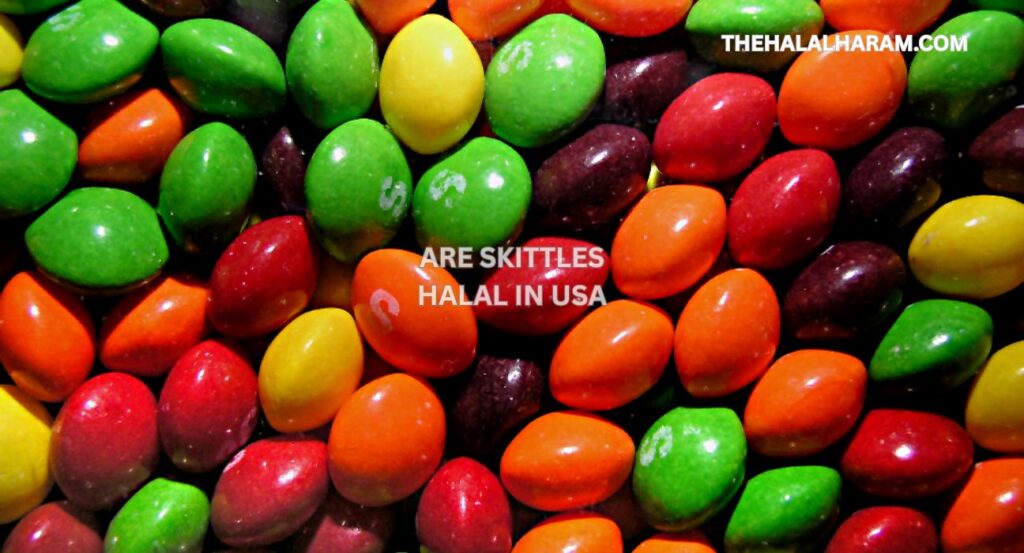
How Skittles Are Made and Why It Matters
Risk of Cross-Contamination
Cross-contamination is when haram substances accidentally mix with other food during processing. Skittles might be made in the same factories as non-halal candy. If the candies come off the line without a halal stamp, there’s no way of knowing if the machines were cleaned well enough to prevent any leftover haram traces.
Manufacturing Without Gelatin
Taking out gelatin was a helpful change, but it does not mean Skittles are completely halal. The safety of the candy still depends on the sources and processing of the natural flavors and color dyes. If the supply chain for these ingredients is not fully transparent, Muslims cannot be completely confident that the candy is halal.
Regional Differences in Skittles Ingredients
Skittles in Other Countries
Skittles sold in Muslim-majority countries like Malaysia and the UAE often come with halal certification. In these markets, the candy might use different ingredients and follow stricter approval steps than the versions sold in the United States.
Comparing USA and International Versions
Skittles from the U.S. might have the same basic ingredients as the candies sold elsewhere, yet they still lack an official halal seal. So if you are traveling or online shopping, always read the label or the manufacturer’s website to confirm halal status in the country you are in.
What Muslim Scholars Say About Skittles
Scholarly Advice
Many scholars recommend steering clear of products that are not labeled halal. Even when the ingredient list seems fine, uncertainty about how flavors are handled and how the candy is made can mean it is best to avoid.
Is Doubtful Food Haram?
Islam teaches us to steer clear of anything doubtful to keep our faith safe. If you’re not sure whether something, like Skittles, is halal, it’s wiser to choose a snack that comes with a clear halal label.
Are Skittles Halal in the USA According to Consumers?
Muslim Consumers Speaking Up
Muslim snackers in the USA are divided. Some keep munching Skittles because the ingredient list seems halal-friendly. Others pass them up because they want certification or are unsure about where the flavors come from. The choice really comes down to your own comfort and how you personally interpret the rules.
What Online Forums Are Saying
On Reddit and halal blogs, the discussion spins in circles. Many commenters note that Skittles dropped gelatin, but the term “natural flavors” makes them uneasy. Unless the source of those flavors is verified, they stay in the gray zone.
Halal-Friendly Alternatives to Skittles
Halal-Certified Candy Brands in the USA
If Skittles give you pause, switch to sweets with a clear halal stamp. Brands like Zaza, YumEarth, and some Jelly Belly flavors proudly wear halal certification.
Reading Labels the Right Way
Look for the halal logo, or check for phrases like “gelatin-free,” “no animal ingredients,” and “certified by Islamic authorities.” If those signs are absent, it’s smart to reach out to the brand and ask directly for details.
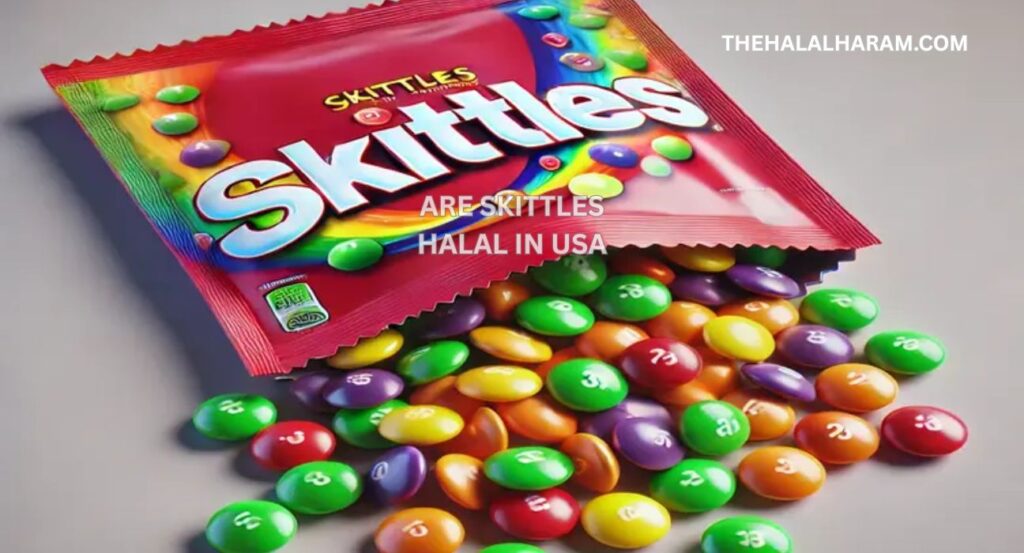
Final Verdict: Are Skittles Halal in the USA?
So, are Skittles halal in the USA in 2025? The answer really hinges on how strict you want to be about certification. The ingredients list leaves out gelatin and carmine, which used to be the main concerns. However, the candy still lacks an official halal stamp. Since the exact source of the “natural flavors” is not disclosed and there is a chance of cross-contamination, some Muslims will still steer clear. Others feel comfortable eating them just based on the current ingredient list. If you want total peace of mind, picking a candy that is halal-certified is always the safest bet.
Read More: Is Red Rooster Halal
Frequently Asked Questions
1. Are Skittles halal in the USA in 2025?
Skittles sold in the USA still do not carry an official halal certification. While the listed ingredients seem permissible, the absence of certification is enough for more observant Muslims to be cautious.
2. Do Skittles in the USA contain gelatin?
U.S. Skittles do not contain gelatin anymore. Mars, the maker, removed gelatin from the recipe years ago to make the candy suitable for vegetarians.
3. Are the colors in Skittles halal?
Skittles use synthetic colors like Red 40 and Yellow 5. Since these colors are made in labs and not from animals, many Muslims see them as halal, though not everyone agrees.
4. Why do Muslims question if Skittles are halal?
Uncertainty arises from the vague description of “natural flavors” and the chance of cross-contamination with non-halal ingredients during the production process.
5. Can Muslims eat Skittles in restaurants or movie theaters?
Yes, as long as the Skittles are the U.S. version without gelatin in the ingredients. Muslims who want to be absolutely sure should look for halal certification or bring their own candy.
6. Do Skittles have halal certification in America?
No, Skittles sold in the U.S. do not have a halal certification logo. Because of that, some Muslims prefer to avoid them altogether.
7. Are Skittles made differently in Muslim countries?
In places like the UAE and Malaysia, Skittles usually carry halal labels and makers source their ingredients in line with halal rules.
8. Is it safe to think all candy in the U.S. is halal just because it has no gelatin?
Not really. Even if a candy has no gelatin, flavorings, colors, and other additives could still contain non-halal ingredients. Always double-check labels and sources.
9. What do Islamic scholars say about Skittles?
Most scholars recommend avoiding anything unclear. If Skittles do not have clear halal proof, it is wiser to pick candies that are certified halal.
10. What are halal candy options in the U.S. if I want something like Skittles?
Look for brands like Zaza, YumEarth, and some Jelly Belly products. These candies have halal certification, giving halal-conscious shoppers peace of mind.
